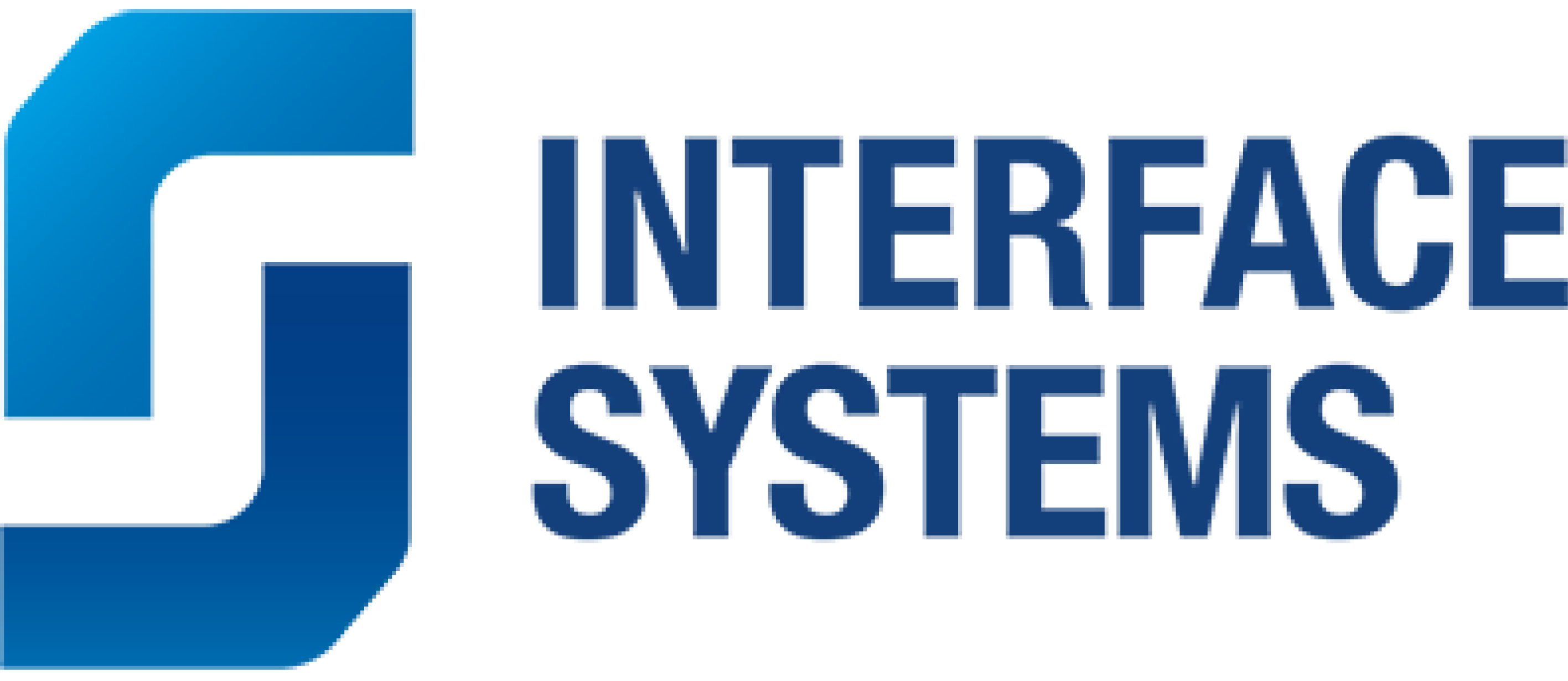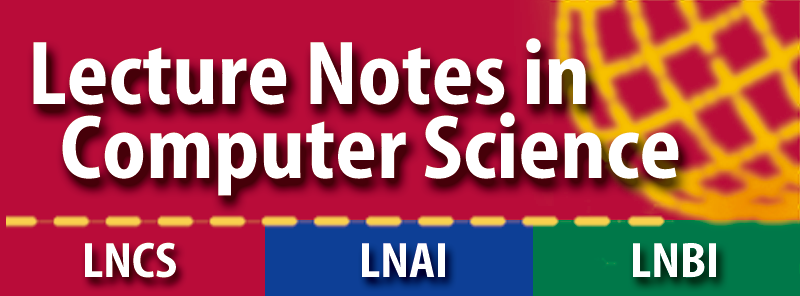WHPC Invited Session: Advances in HPC Computing Applications
We are excited to announce a dedicated special session at Euro-Par 2025 aiming to spotlight the research and achievements of female scientists in the field of High-Performance Computing. This session will bring together leading and emerging female researchers working at the forefront of HPC application domains. We aim to create an engaging, high-quality technical program that encourages greater participation of women in the Euro-Par community.
The session will feature seven invited talks, showcasing cutting-edge work across a variety of HPC-driven fields — ranging from large-scale simulations and data-intensive applications to new methods in parallel algorithms, systems, and software. Presentations will span diverse perspectives and career stages, with an emphasis on technical excellence and innovation.
Proceedings: Invited speakers will have the option to contribute a paper to the workshop proceedings, which will be published in the Springer Lecture Notes in Computer Science (LNCS) series after the conference. Submissions will be 10–12 pages in LNCS format and submitted via the EquinOCS system.
Schedule: Join us in Dresden on August 27, 2025, to celebrate and explore the outstanding work of female researchers driving the advances in HPC computing applications.
Session 1
2:00 - 2:20 pm Amanda Bienz, Assistant Professor, University of New Mexico
Title: Targeted data movement optimizations for emerging heterogeneous supercomputers
Abstract: Emerging supercomputers increasingly rely on heterogeneous nodes composed of GPUs, many-core CPUs, and multiple NUMA regions. Efficient data movement across these components is critical to achieving high performance. In this talk, I will present benchmark-driven analysis of emerging heterogeneous systems, highlighting the cost of data transfers both within and between nodes. Based on these insights, I will present architecture-aware data movement optimizations that accelerate key operations, including the all-reduce. I will also discuss how these optimizations generalize to collective communication libraries (CCLs), highlighting opportunities for interoperability between MPI and CCLs.
Bio: Amanda Bienz is an assistant professor in the Department of Computer Science at the University of New Mexico. She leads the scalable solvers lab at UNM, is the faculty advisor for Women in Computing, is working to restructure New Mexico's CS4ALL curriculum, and teaches courses in operating systems and parallel computing. Her research is focused on improving the performance and scalability of parallel solvers, applications, and MPI collective operations for emerging architectures.
2:20 - 2:40 pm Theresa Pollinger, Postdoctoral Researcher, RIKEN R-CCS
Title: Efficient Anisotropic Mesh Refinement with Omnitrees ...or How to Get Cat GIFs Into Your Paper
Abstract: This presentation discusses omnitrees, a novel data structure that generalizes traditional octrees to support anisotropic refinement in adaptive mesh refinement (AMR) schemes. This addresses a long-standing inefficiency in AMR for intrinsically anisotropic problems: conventionally, much resolution is spent where little information is gained. Omnitrees directly address this problem by allowing to selectively refine only the most informative dimensions, which increases the order of convergence in AMR schemes. We validate this on the problem of shape representation across 4,166 three-dimensional objects. The result are efficient data structures, insights into anisotropy, convergence, and information density, and of course, cat GIFs!
Bio: Theresa Pollinger completed her doctorate in computer science and simulation technology at the University of Stuttgart last year. She is now a postdoc at RIKEN R-CCS, where she continues to investigate the exciting intersection of physics, maths, and high-performance computing. She focuses on algorithms and software for high-dimensional problems, and enjoys the unexpected insights they often entail.
2:40 - 3:00 pm Tanzima Islam, Assistant Professor, Texas State University
Title: From Reactive Debugging to Proactive Detection: AI for Performance-Aware Software Development
Abstract: Software performance evolves over time, yet traditional debugging and profiling remain reactive, costly, and disconnected from development workflows. Performance drift—gradual degradation in execution efficiency due to code modifications—often goes undetected until it causes significant slowdowns, forcing late-stage debugging and costly fixes. This talk presents a vision for AI/ML-driven proactive performance-drift detection, where models continuously monitor software evolution, identifying inefficiencies before they degrade execution. By combining static analysis (abstract syntax trees) with dynamic insights from nightly tests, this framework enables early detection of performance-impacting changes. Traditional ML approaches require full model retraining whenever code changes or new runtime data become available, making them impractical for fast-moving development cycles. Few-shot learning eliminates this overhead by allowing models to update incrementally with minimal new data. Attention-based representation learning further enhances interpretability by prioritizing performance-critical features, enabling more targeted interventions. This framework supports two key decision-making processes where (1) developers can receive automated feedback on whether a code change improves or degrades performance, enabling early intervention; (2) the insights can guide hardware configuration choices and runtime parameter tuning. This approach can be seamlessly integrated into CI/CD pipelines to achieve software that not only remains correct but also maintains efficiency as it evolves.
Bio: Dr. Tanzima Islam is an Assistant Professor of Computer Science at Texas State University. She earned her Ph.D. from Purdue University and was a postdoctoral scholar at Lawrence Livermore National Laboratory. Her research lies at the intersection of AI/ML and HPC, focusing on performance optimization under data and system heterogeneity. She is a recipient of the 2025 NSF CAREER Award, the 2022 DOE Early Career Award, and the 2019 R&D 100 Award. Her work is supported by the National Science Foundation, the Department of Energy, various national laboratories, and industry partners. Dr. Islam also co-founded the first research mentoring platform for women in computing in Bangladesh.
3:00 - 4:00 pm Coffee Break
Session 2
4:00 - 4:20 pm Anna Kahler, Scientific Researcher, Erlangen National High Performance Computing Center
Title: Performance optimization of GROMACS on modern Hardware
Abstract: The molecular dynamics simulation code GROMACS is designed to run natively on CPUs and has supported GPU acceleration for computationally intensive electrostatic calculations using the Particle Mesh Ewald method since version 2018. Over the past few years, developers have further enhanced GROMACS by introducing GPU offloading for bonded interactions and the calculations of updates and constraints. These advancements raise important questions: Which hardware configuration delivers optimal performance? What are the best runtime parameters? How does performance vary across different hardware setups and software versions? To address these questions, extensive benchmarks have been conducted on various hardware architectures, including both CPUs and GPUs. The results provide valuable insights into scaling behavior, show performance increases with the most recent program version, and reveal benefits of newer GPU models. Additionally, the findings highlight the importance of evaluating runtime parameters on a case-by-case basis, tailored to the specific hardware and project.
Bio: Dr. Anna Kahler first came into contact with computational chemistry, molecular dynamics simulations, and high-performance computing (HPC) during the project phase of her master studies. She then continued to work on her master thesis about protein dynamics in the Bioinformatics group with Prof. Heinrich Sticht at the Friedrich-Alexander-Universität Erlangen-Nürnberg and finished her PhD there. Since joining the HPC group of the Erlangen Regional Computing Center (RRZE) in June 2019, Anna Kahler has been responsible for GROMACS benchmarks on various hardware platforms. As part of the Support team at NHR@FAU (Erlangen National High Performance Computing Center), she supports users in finding optimized GROMACS runtime parameters for difficult simulation setups and offers benchmarking for compute time applicants to discern whether CPU or GPU will suit their future research. In addition, Anna Kahler is part of the NHR@FAU editorial board, assists local project management, and helps with the procurement of new cluster systems.
4:20 - 4:40 pm Anna Schwarz, Academic Staff Member, University of Stuttgart
Title: FLEXI: Scale-resolving simulations of compressible turbulence on modern HPC systems
Abstract: The application of scale-resolving simulations such as LES and DNS remains challenging in numerous engineering applications due to the substantial computational demands and the limited available computational resources. It was thoroughly demonstrated in the last decade that high-order numerical methods show significant advantages in terms of computational cost required to achieve a given accuracy for DNS and LES and that they can be implemented efficiently on traditional CPU-based system architectures. However, the improvements in performance for CPU-based systems has slowed down significantly over the last years. Consequently, more specialised architectures, such as GPUs, have become increasingly popular in the last decade. These architectures still promise considerable performance improvements per generation and thus allow more complex flow cases to be tackled, while also yielding better performance per invested amount of energy. However, CPU codes cannot be easily run on GPU hardware, since they exhibit a distinctly different architecture and require different programming languages. In this talk it is demonstrated how existing codebases can be translated efficiently to GPU hardware, both in terms of implementation effort and computational performance. For this, the unstructured DG code FLEXI~\cite{Krais2019,Kempf2024} is utilized as an example. Finally, it is shown that FLEXI is capable of tackling challenging large-scale problems with complex geometries on modern HPC systems.
Bio: Dr. Anna Schwarz is a postdoctoral researcher at the Institute of Aerodynamics and Gas Dynamics at the University of Stuttgart since early 2024. She received her PhD in the spring of 2024 from the University of Stuttgart under the supervision of professor Andrea Beck. Her research is centred on the investigation of high-order numerical methods for compressible turbulent and particle-laden flows on high-performance computing systems. This involves the utilization of moving mesh methods, including the arbitrary Lagrangian--Eulerian approach and the application of machine and deep learning.
4:40 - 5:00 pm Susanne Malheiros, Research Assistant, High-Performance Computing Center Stuttgart
Title: Exploring Flow Fields at Scale: GPU-Accelerated Scientific Visualization for Exascale CFD
Abstract: This talk presents the ongoing efforts to port Vistle – a software for creating immersive extended reality visualizations of scientific data – to the GPU by integrating the portable visualization toolkit Viskores. The approach is illustrated by sample computational fluid dynamics (CFD) visualizations of the light-house cases from the Center of Excellence in Exascale CFD (CEEC) project.
Bio: Susanne Malheiros is a research assistant in the visualization department of the High-Performance Computing Center Stuttgart (HLRS). Her work includes adding GPU support to the scientific visualization software Vistle as well as creating virtual reality visualizations of simulation results for research partners.
5:00 - 5:20 pm Yi Ju, Research Assistant and Ph.D. Candidate, Technical University of Munich, The Max Planck Society for the Advancement of Science
Title: In-Situ Techniques for the Efficient Coupling of Complex Plasma Turbulence Simulations: GENE and GENE-X
Abstract: Simulating plasma turbulence is essential for understanding and optimizing the performance of fusion devices, but it poses significant computational challenges. A key difficulty lies in the intrinsically multiscale nature of turbulence, requiring one to resolve spatial scales ranging from the ion to the electron gyroradius, which are separated by a factor 60 in deuterium plasmas. To address this, we propose an in-situ coupling between GENE-X, a full-f global electromagnetic gyrokinetic code that resolves ion-scale turbulence, and GENE, used in the local (flux-tube) limit to model only electron-scale turbulence. Electron-scale fluxes computed by GENE are fed back into GENE-X as an effective heat source. A major challenge in this approach is the disparity in computational cost between the two turbulence models. We overcome this by introducing an in-situ detection mechanism within GENE-X to dynamically identify regions of interest and immediately trigger corresponding GENE simulations, without intermediate file I/O. This hybrid, scale-bridging strategy enables efficient and accurate modeling of multiscale turbulence, reducing computational overhead while preserving simulation fidelity.
Bio: Yi Ju is a P.h.D candidate from Max Planck Computing and Data Facility and Technical University of Munich, Germany. Her P.h.D. topic focus on the in-situ techniques applied on CPU-based and GPU-accelerated high performance computing applications and the performance model of in-situ techniques. Her interests include high performance computing, data intensive application, computational fluid dynamics, data compression, data mining, data visualization, graphics processing units, parallel algorithms, time series, data analysis and machine learning for performance modelling.
5:20 - 5:30 pm Closing remarks
Session Organizers
- Ayesha Afzal, Erlangen National High Performance Computing Center (NHR@FAU)
- Marta Garcia-Gasulla, Barcelona Supercomputing Center (BSC)
SUPPORTED BY
Gold Sponsoring / Donation



Silver Sponsoring


Bronze Sponsoring

Organized by
Proceedings Support

